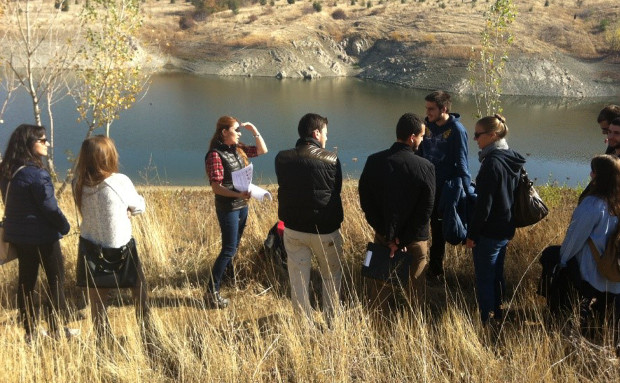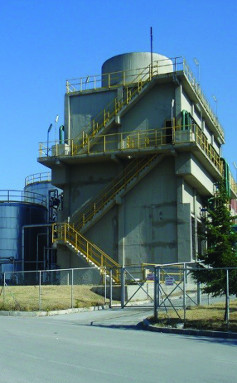 With the world’s population estimated to increase to 9 billion by 2050, demand for diminishing and nonrenewable natural resources is growing. To address this trend, the concept of sustainability calls for a decent standard of living for everyone today without compromising the needs of future generations.
With the world’s population estimated to increase to 9 billion by 2050, demand for diminishing and nonrenewable natural resources is growing. To address this trend, the concept of sustainability calls for a decent standard of living for everyone today without compromising the needs of future generations.
As the daily operation of a university has a significant impact on the environment, campuses can model sustainable practices as well as help create a more sustainable future. Many universities are recognizing this responsibility by forming committees to showcase and monitor resource management, investing in renewable energies or employing greener solutions in the area of waste disposal.
To explore sustainability on Bilkent’s campus, students in IR 352 – Environmental Issues and Ecological Sustainability have conducted several studies. The class has also created a report of their findings, which are summarized below:
 Our university’s energy needs are met by Bilenergy, which uses natural gas to produce energy. The cost is about 850,000 TL/month. Through co-generation, steam from burning natural gas is used to heat the water on campus. Bilkent University’s portable water unit cost is about 7.5 TL/m3. For a whole year, the total water consumption cost is 5,000,000 TL.
Our university’s energy needs are met by Bilenergy, which uses natural gas to produce energy. The cost is about 850,000 TL/month. Through co-generation, steam from burning natural gas is used to heat the water on campus. Bilkent University’s portable water unit cost is about 7.5 TL/m3. For a whole year, the total water consumption cost is 5,000,000 TL.
Students found that air quality in the buildings is good, although some buildings are rather old and lack an indoor air quality plan.
Traffic is an issue on campus. Over 5,000 people drive to the campus each day, and there are around 100 buses available for transportation of students and staff members.
Regarding the issue of healthy lifestyles, there are many opportunities for sports activities on campus. However, more local and nutritious food could be available. Students and campus staff have formed clubs and organizations to promote carpooling and organic gardening.
Sadly, there is still a fair amount of littering, and the recycling plans need to be stronger. There are many green spaces and landscaped areas on campus; in fact, around 60 percent of campus is pervious, which helps manage runoff from rain and irrigation. Bilkent University’s irrigation system uses water from Bilkent Lake.
The IR 352 report concludes that although Bilkent University is aware of its environmental impact and employs a variety of policies in this regard, there is potential to improve. Concerning the latter, the report includes a list of recommendations, among which are the development of a more advanced waste disposal system (including a plastic and glass recycling program) and the installation of vending misers, which make vending machines more energy efficient.
Given the steps Bilkent University has taken and could take to model sustainability, perhaps Bilkent might consider forming a committee to monitor and showcase its resource management achievements and plans.
By Gözde Şahin, Cem Uysal and Michelle Nitschmann
